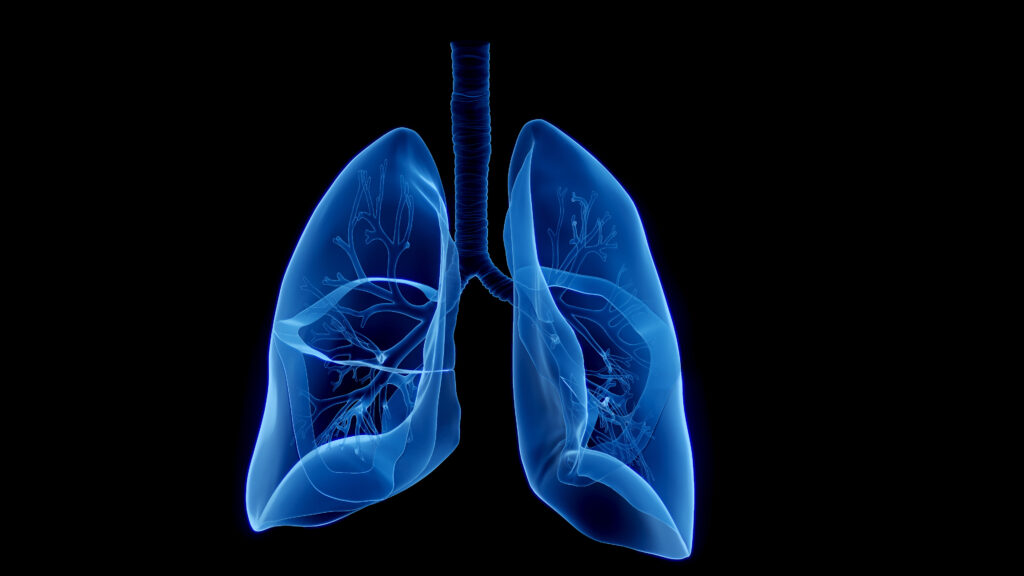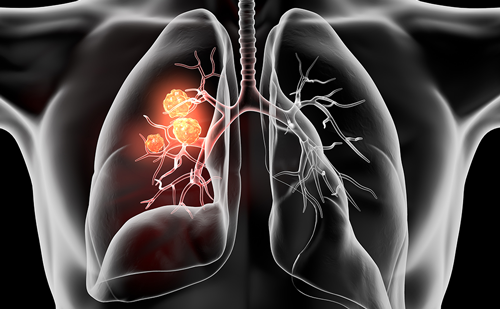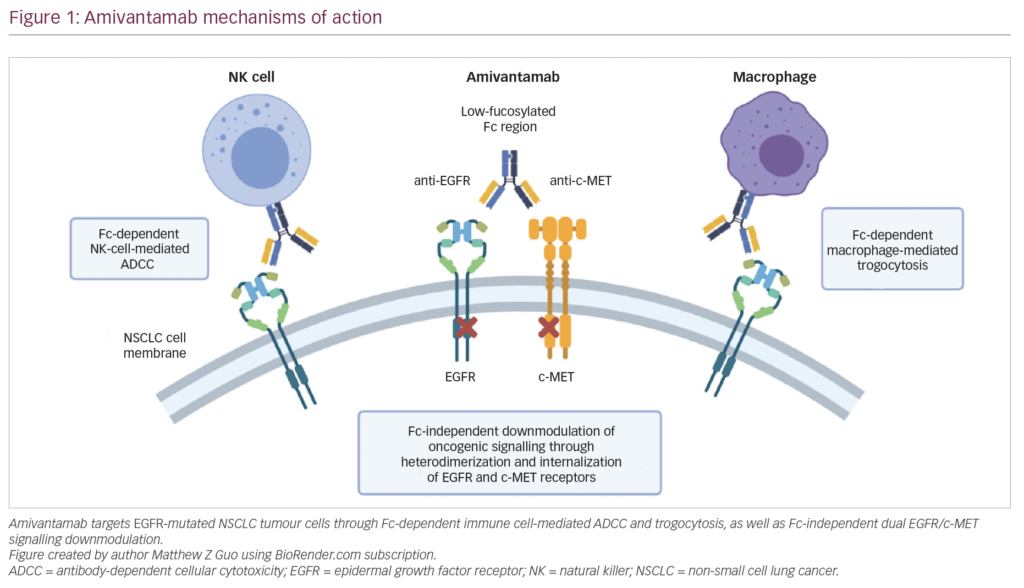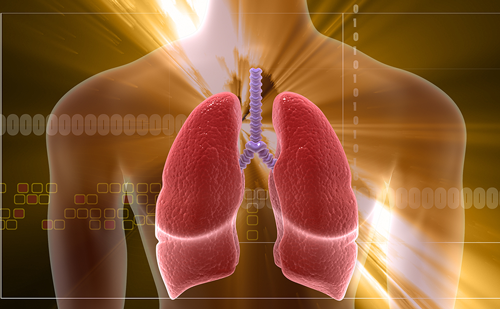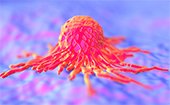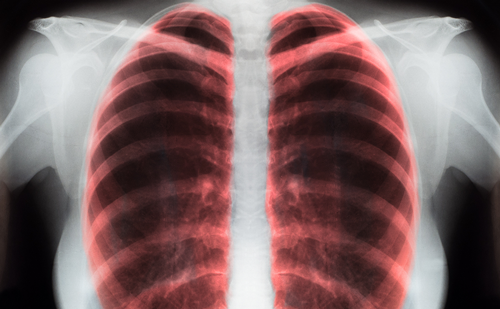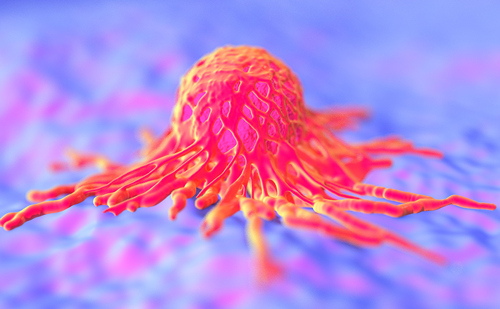The term lung cancer refers to carcinomas that originate from the respiratory epithelium. Approximately 85 % of all lung cancers are classified as non-small-cell lung cancer (NSCLC), 10 % are small cell lung cancer and other histological variants account for about 5 %.1 Lung cancer represents the second most common type of cancer in both men (after prostate cancer) and women (after breast cancer) in the Western world.1 It is estimated that approximately 220,000 new cases of lung cancer occurred during 2009 in the US.1,2 Both the absolute and relative frequency of lung cancer has risen dramatically, for example the age-adjusted death rates from lung cancer were similar to that of pancreatic cancer prior to 1930 for men and prior to 1960 for women.1 Although the incidence of lung cancer is declining in men, it continues to rise in women.1 Unfortunately, lung cancer remains by far the most frequent cause of cancer-related death, with approximately 159,000 deaths observed in 2009 in the US.1 By contrast, colorectal, breast and prostate cancers combined will have been responsible for only 118,000 deaths.1 Although lung cancer deaths have begun to decline in men, the death rate in women continues to rise and almost half of all lung cancer deaths now occur in women.1 The vast majority of patients are diagnosed with advanced, unresectable disease that remains incurable. This has a five-year survival rate of <5 %,3 whereas the five-year survival rate for all stages is approximately 15 %.4
Data linking cigarette smoking to human lung cancer include a huge bank of both prospective and retrospective epidemiological research first reported in 1950.5–7 A heavy smoker is considered to have a cumulative lung cancer risk as high as 30 % compared with a lifetime risk of lung cancer of ≤1 % in people who have never smoked.8 The relative risk of lung cancer development in a long-term smoker compared with someone who has never smoked is estimated to be 10- to 30-fold greater.8 The relative risk increases with both the number of cigarettes smoked per day as well as the lifetime duration of smoking. Smoking cessation clearly decreases the risk of lung cancer among former smokers compared with current smokers.9 The reduction in risk becomes evident within five years of becoming abstinent and it has been estimated that former smokers who have been abstinent for >15 years have an 80–90 % reduction in risk of lung cancer compared with current smokers.8 Environmental tobacco smoke (i.e. passive or ‘second-hand’ exposure) is associated with an increase in the risk of lung cancer, although this increase is far lower than that observed with active smoking.10,11 The purpose of this article is to present current data regarding the treatment of NSCLC.
To view the full article in PDF or eBook formats, please click on the icons above.



